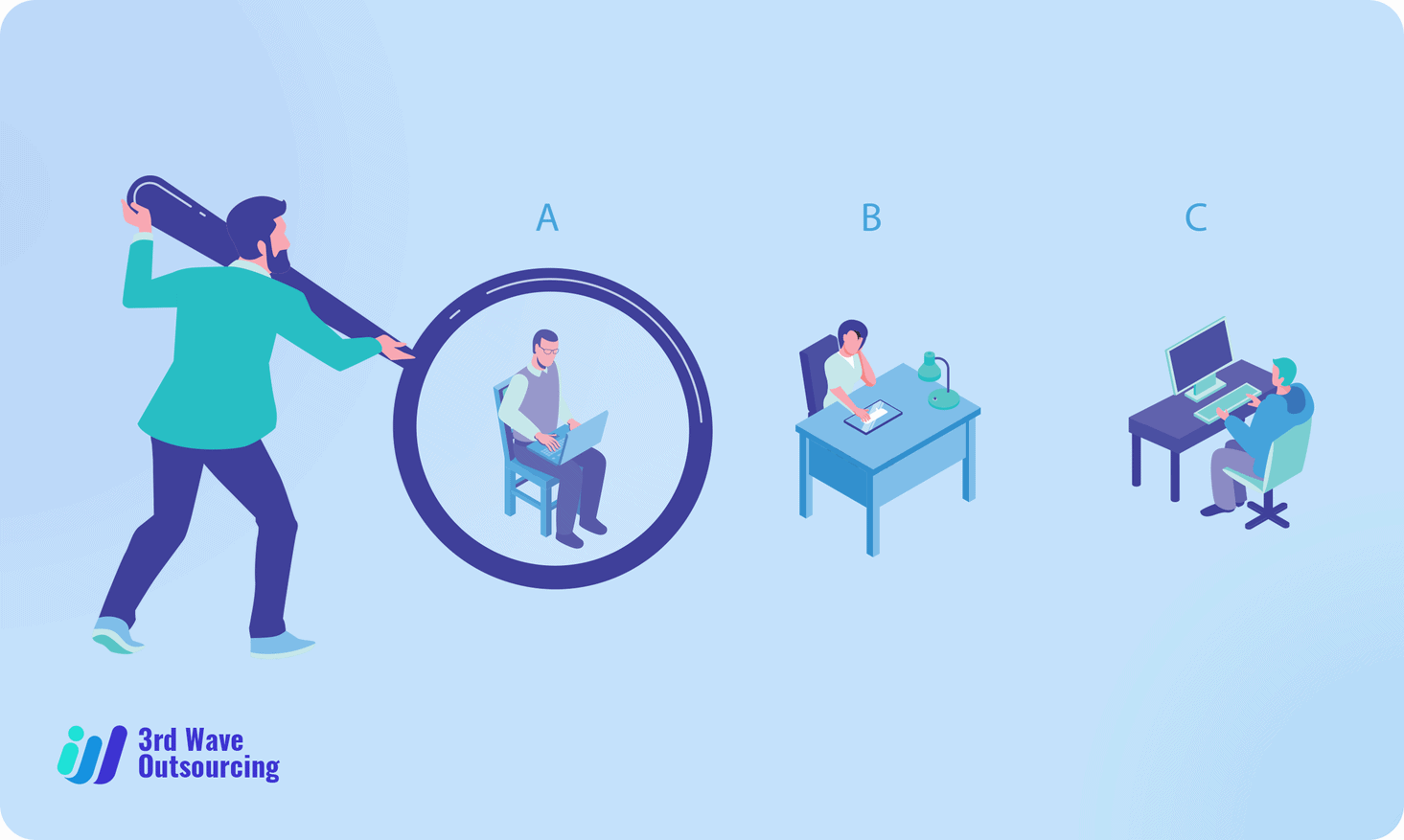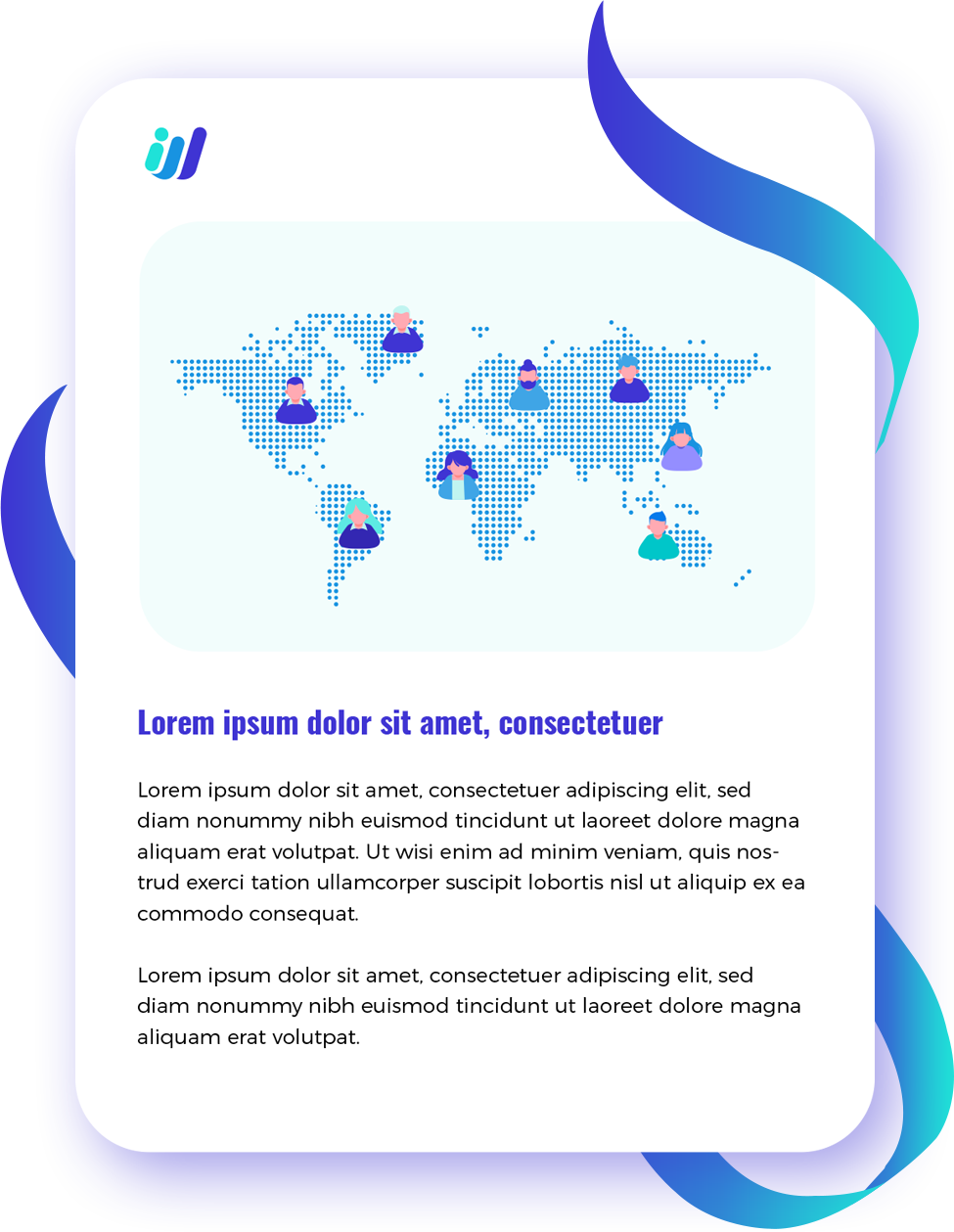A common notion about outsourcing is that it is limited to telemarketing and customer support. However, other roles could also be outsourced. Almost anything can be outsourced as long as you have the means and the right outsourcing firm or person to partner with. For outsourcing beginners, you ought to know the basics. Outsourcing, like any other business, requires serious attention. This is essential to understand the very nature of outsourcing first before joining in. Here are 10 factors to consider before choosing an outsourcing company.
1. Do you need to outsource?
As enticing as it sounds, you should check if your business needs an offshore partner. Even though outsourcing is open to all business enterprises (small, medium, and large), you still need to consider the business capability to do so. Expansion is a big step, you have to make sure you and your business can do it. Never be pressured by current trends. It is always the business capability that should come first.
2. The Outsourcing Plan
Everything starts with a great plan. Consider the things you want to outsource and how you are to outsource them. Identify the tasks to outsource and task that could stay in-house. Make a personal checklist of the partner you are looking for. Include essential aspects such as cost, talent, technology, and company policies.
3. Where to?
Globalization has done wonders with opening and connecting the global market. You have an array of partners from different countries that will serve your needs. Let the partner’s country match your outsourcing goal. You could consider the distance, time difference, and talent’s working schedule to help you decide where your best partner is.
4. The Agreement
Deciding to outsource would also require document processing. One of these is the request for a proposal. It deals with asking for data from the potential partner and determining their service delivery model. Another document to prepare is the Service Level Agreement. It is the only contract you and your partner may have. It covers how the services are delivered, the agreement itself, the dos and don’ts, and ways of compensation. Thoroughly preparing these things will help you form a successful partnership.
5. Technology
The digital age has provided various technologies suited for different business and work needs. You can decide which technology or infrastructure should be available with your offshore partner. It is to ensure the quality of the deliverables. Most partners may offer pre-set technology or bundles for you. However, some partners are also open to catering to your unique needs. You have the freedom to decide what’s needed and what you deem is best.
6. Confidentiality
Most companies are hesitant to outsource with fears of an imminent breach of their confidential information. Countries that have welcomed outsourcing have dedicated policies for handling confidential information; making sure data is safe and secured. Companies also have in-house policies that you can adapt or discuss. Most partners are also open to your policies to ensure confidence in exchanging information.
7. Talent
One of the many benefits of outsourcing is the access to a pool of talents for any outsourcing needs. Global talents have opened their doors not only to office-based work but to remote working as well. It has introduced the third wave of outsourcing which highlights the availability and ease of finding the best talents around the world.
8. Culture
It is imperative to understand the talent’s culture and the possible needs it entails. It might take into consideration the current working and offshore company’s culture. You can easily find this out by personal research, deciding where to outsource, the partner’s talent policies, and personally conversing with the chosen talent/s.
9. Measures
Measurements – also referred to in the industry as Key Performance Indicators (KPI) are also important. It is used in gauging work productivity and work performance. The basis of compensation for the contracted workers is usually measured by the hour or through the work done. It is essential to those contractors who work alone and those tasked with more. Work productivity or unproductivity should be measured as well. You, as an employer, should know and maximize the information from the measures gathered. It could also determine if the chosen partner is productive or not.
10. Employer-contractor relationship
An employer-contractor relationship is not easy. There is a fine line between an employee and a contractor. Employees enjoy the benefits of regular in-house employees such as health benefits and insurance. They are mainly controlled by the employer themselves. Contractors, on the other hand, vary in task and employment status. The best partnership is one that allows you to directly control the staff employed by the service provider and assigned exclusively to your project.
Outsourcing has evolved from merely cutting costs to providing the best possible talent. Third-wave outsourcing has studied the history of outsourcing and discovered its future through talent acquisition. Download the e-book now to discover more guides in navigating this outsourcing age.



